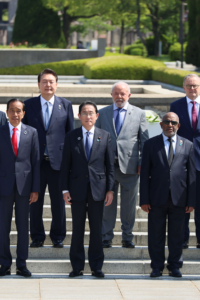
Yamaguchi Yuka (Home Cook) and Miura Tetsuya (Professor at Aoyama Gakuin University) To make the impression bigger than the trouble Yamaguchi Yuka: Mr. Miura, in your book Jisuisha ni Narutame no 26-shu (26 weeks to become a home cook [those who willingly cook for themselves]) (Asahi Press), you repeatedly write about the “charm of flavor.” I think the saying that we “savor the aroma as we eat” is really true. First of all, Mr. Miura, you’re not an expert in cooking, are you? Why did you decide to write a book on home cooking? Miura Tetsuya: I have always loved cookbooks, and in my mid-twenties I became particularly obsessed with the works of Mr. Marumoto Yoshio (writer, cooking expert, 1934–2008). He was an even more eccentric writer who forced fundamentalists to rethink home cooking from the ground up. Since then, I have read books ... ... [Read more]

